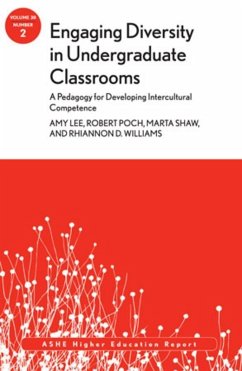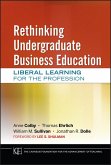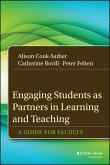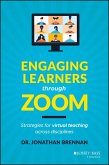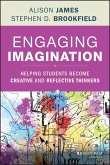College classrooms are hopeful spaces where segregation can be interrupted and intercultural learning can occur. This issue supports the claim that engaging diversity in classrooms has a significant impact on the development of students intercultural competence. It states why intercultural skills matter, what they look like in practice, and how they can be developed by instructors regardless of the courses they teach. This issue: Establishes a contemporary understanding of diversity as a core institutional priority and resource Proposes a framework of engaging diversity for intercultural competence development Presents key theories of intercultural competency development helpful to faculty that supports discipline-based and intercultural learning outcomes Presents research regarding the core skills, attitudes, and behaviors that are requisite to effective and ethical intercultural interactions Shows how faculty can engage diversity for intercultural outcomes in their classrooms. This is volume 38, number 2 of the ASHE Higher Education Report, a bi-monthly journal published by Jossey-Bass.
Dieser Download kann aus rechtlichen Gründen nur mit Rechnungsadresse in A, B, BG, CY, CZ, D, DK, EW, E, FIN, F, GR, HR, H, IRL, I, LT, L, LR, M, NL, PL, P, R, S, SLO, SK ausgeliefert werden.

